How prepared are workers’ compensation systems for COVID-19?
Workers' Compensation Perspectives
MARCH 23, 2020
The “Unknown” occupational disease risk in workers’ compensation When workers’ compensation systems started a century ago, the focus was “industrial accidents”. page U47] Over time, most workers’ compensation systems adapted to include coverage for occupational diseases. This limitation was noted at the time.

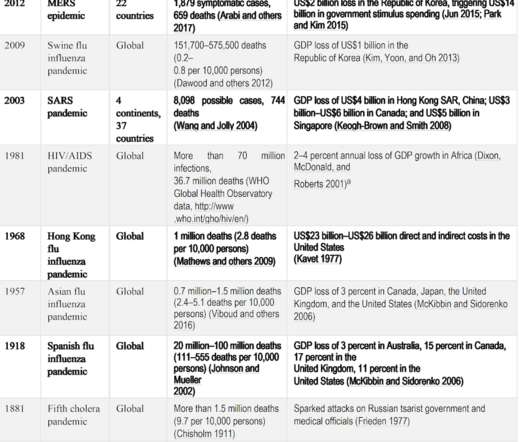


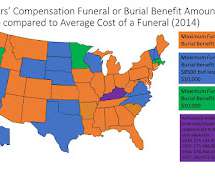
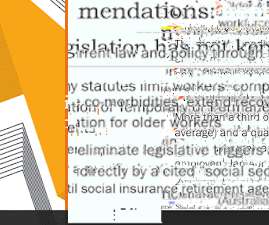
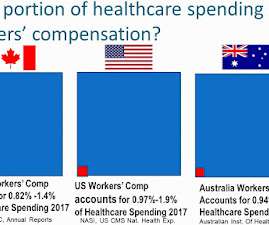
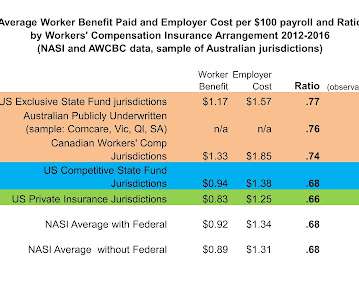


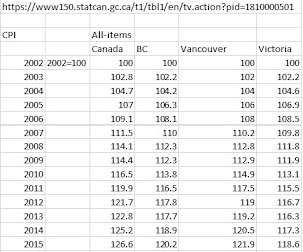
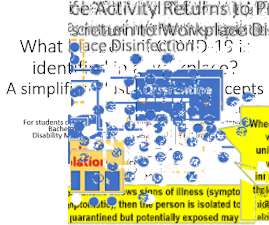






Let's personalize your content